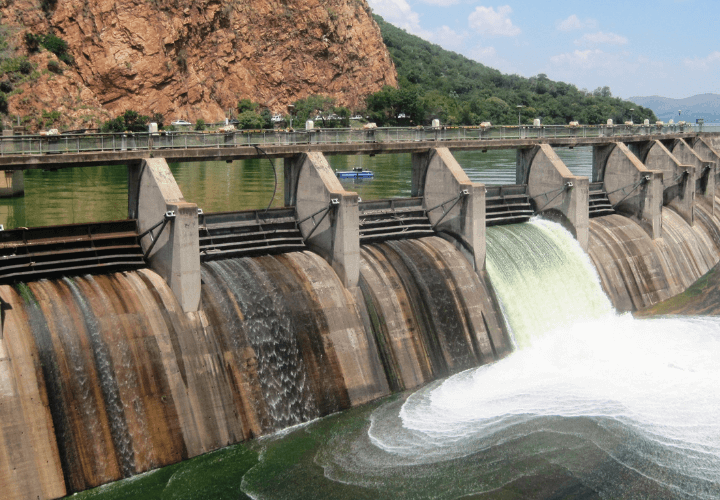Under the surface of the Earth lies a hidden world that plays a crucial role in our daily lives—the world of hydrogeology. Hydrogeology is the scientific study of water beneath the Earth’s surface, unraveling the mysteries of groundwater, aquifers, and the movement of water in the subsurface environment. In this article, we’ll dive into the fascinating realm of hydrogeology, exploring its importance, methods, and the vital role it plays in sustaining life.
The Basics of Hydrogeology
Hydrogeology combines two words: “hydro,” meaning water, and “geology,” the study of Earth. Simply put, it’s the science that helps us understand where water is hiding underground, how it moves, and what happens to it beneath the surface. Imagine the ground as a big sponge, and hydrogeology as the science that helps us understand how water behaves within that sponge.
- Groundwater and Aquifers:
Hydrogeologists study something called groundwater—water that soaks into the ground and fills spaces in the soil and rocks. They help us understand how much water the ground can hold and where it goes. Aquifers are like huge underground water storage tanks, and hydrogeology helps us find and manage these precious water sources. - Water Movement:
Have you ever wondered what happens to the rain that falls on the ground? Hydrogeology answers that question. It explores how water moves through the ground, whether it’s slowly trickling through rocks or rushing through underground rivers. Understanding this movement is essential for managing water resources and ensuring a clean and safe water supply.
Methods of Hydrogeological Exploration
Hydrogeologists use various methods to explore and uncover the secrets of the underground water world. Some common techniques include:
- Well Monitoring:
Hydrogeologists often drill wells into the ground to monitor the water level and quality. By studying the water in these wells, scientists can learn about the characteristics of the underground environment. - Geophysical Surveys:
Imagine having a special camera that can “see” underground without digging. Geophysical surveys use tools to measure the properties of rocks and soils, helping hydrogeologists create maps of what’s happening beneath the Earth’s surface. - Groundwater Modeling:
Hydrogeologists create computer models to simulate how water moves underground. These models help predict water flow patterns, understand the impact of human activities, and plan for sustainable water use.
The Importance of Hydrogeology
- Clean Water Supply:
Hydrogeology is vital for ensuring a clean and safe water supply. By understanding where groundwater is and how it moves, scientists can help protect our drinking water from pollution and depletion. - Environmental Conservation:
Many ecosystems, including wetlands and rivers, depend on groundwater. Hydrogeology aids in preserving these environments by providing insights into how changes in groundwater levels may impact surrounding ecosystems. - Mitigating Natural Disasters:
Hydrogeologists play a role in managing natural disasters like floods and droughts. By understanding the movement of water in the ground, they can contribute to better planning and response strategies to mitigate the impact of these events.
Hydrogeology is an interesting field that allows us to look into the hidden world beneath our feet. From ensuring a clean water supply to safeguarding the environment and mitigating natural disasters, the contributions of hydrogeology are far-reaching and essential for the well-being of our planet. As we continue to explore and understand this fascinating science, we gain valuable insights that empower us to sustainably manage one of our most precious resources, water.
